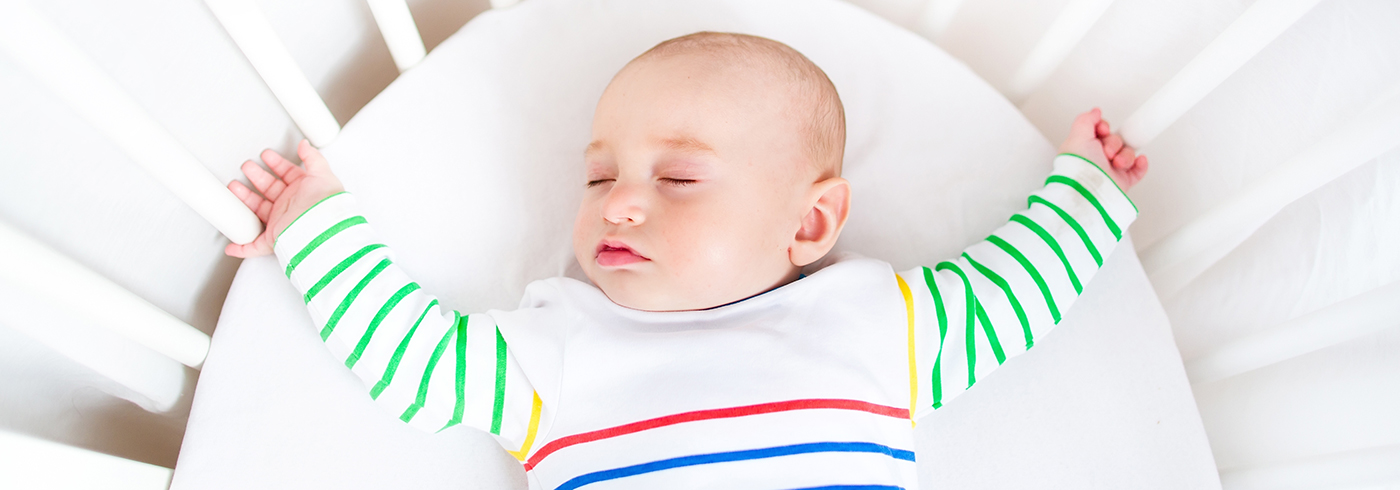
Infant Sleep and Sleep Habits
Healthy Babies Healthy Children
A home-based visiting program for Durham families
Healthy Babies Healthy Children (HBHC) is a home-based visiting program for families. Families that qualify are paired with a public health nurse and family visitor. You pick goals you would like to focus on during the program and create a plan together. Anyone can self-refer for our services. For eligible families, this may include a referral to our home visiting program.
Sleep is important to your baby's growth, development and learning. Good sleep habits start from birth.
Creating a safe sleep environment
Creating a safe sleep environment lowers the risk of Sudden Infant Death Syndrome (SIDS). The safest place for your baby to sleep is on its back in a crib, cradle or bassinet.
Safe sleep tips
These tips will help you put your baby to sleep and can lower the risk of SIDS:
- Always put your baby on its back to sleep.
- Put your baby in a crib, cradle or bassinet in your room for their first six months.
- Do not use baby swings, car seats or strollers for sleeping.
- Dress your baby in a one piece sleeper.
- Remove all comforters, heavy blankets, quilts, toys and bumper pads from your baby's sleeping area.
- Keep the room temperature comfortable.
- Keep your home smoke-free.
- Breastfeed your baby.
Bedsharing risks
Bedsharing means sleeping on the same surface as your baby. Adult beds are not safe sleeping surfaces for babies.
Remember, the safest place for your baby to sleep is on their back in a crib that is close to your bed. Never sleep with your baby on a couch or in a chair.
Risks of bedsharing:
- Your baby can fall off the bed.
- Your baby can get trapped between the mattress and wall, or the mattress and bedframe.
- You can roll over onto your baby. This is more likely especially if you are tired, or if you use substances such as alcohol, drugs or medicine.
For more information on safe sleep visit the Canadian Paediatric Society's website.
Sleep habits
In the first few months, your baby's sleep patterns are not regular. Some babies will sleep for a few hours and wake up when they are hungry. It is normal and healthy for your baby to wake up during the night to feed. After three months, your baby may start sleeping longer at night.
The Canadian Pediatric Society suggests how many hours of sleep your baby needs each day. It is important to remember this is a guide. Every baby is different and will have different sleep habits.
| How many hours of sleep does your baby need? |
|
| Tips to help your baby sleep |
|
| Bedtime routines |
Bedtime routines are a good way to help your baby learn when it is time to sleep. The routine should be fun for both you and your baby. Here are some examples:
Read more about healthy sleep for your baby. |
Infant sleep resources
Learn more about safe sleep with:
- Public Health Agency of Canada: Safe Sleep for Your Baby
- Health Canada: Is Your Child Safe? Sleep Time Guide
- Understanding Infant Sleep - A guide for parents and caregivers
If you are concerned about your child's sleep, talk to your health care provider.
Contact Us




